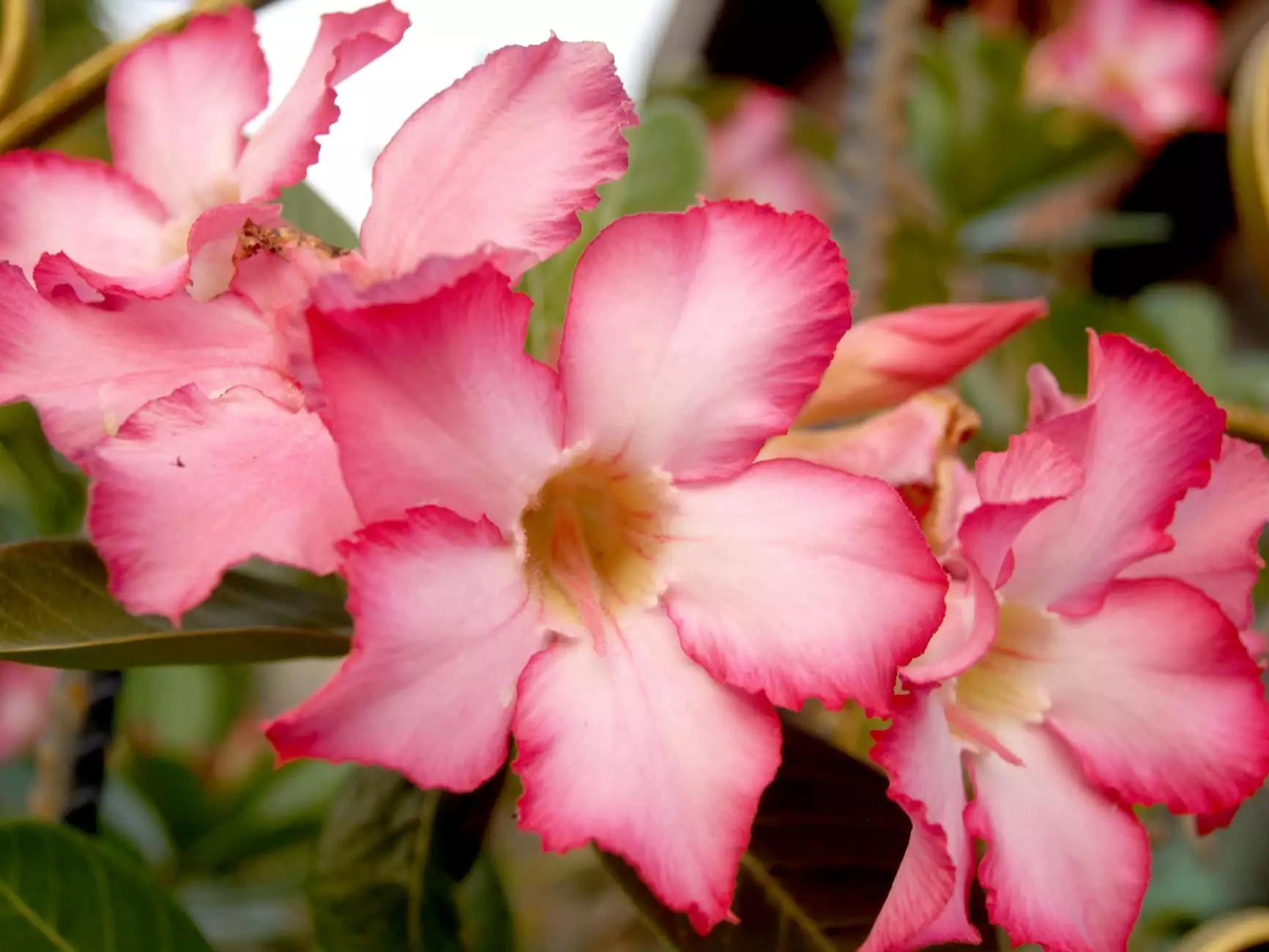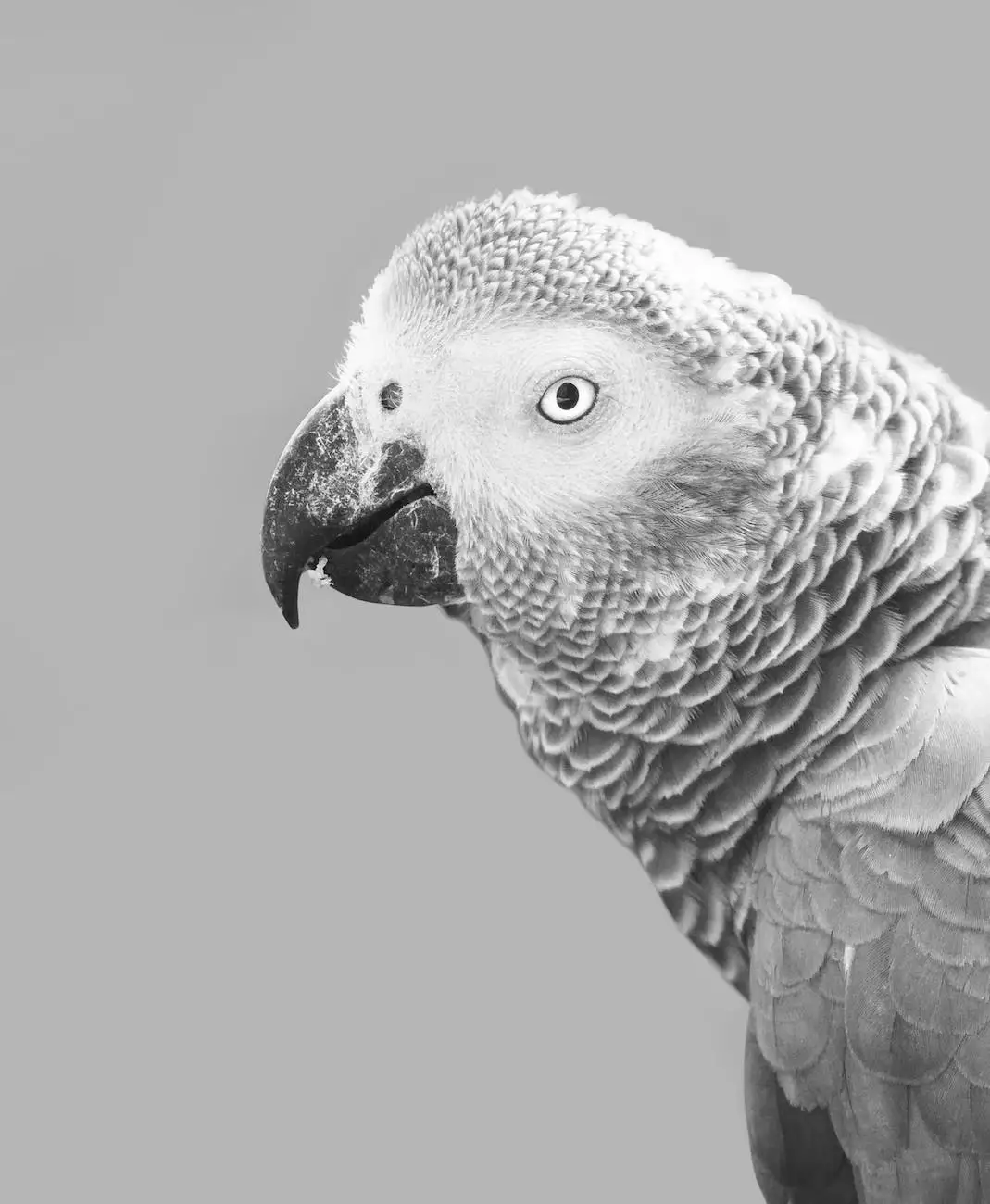Down & Dirty on Fleas | Veterinarian in Winters, CA
Services
Introduction
Welcome to Lasers4Horses, your trusted source of information on pet and animal care, specializing in horses. In this comprehensive guide, we delve deep into the world of fleas and provide expert advice and solutions for flea prevention and treatment in horses. Whether you are a horse owner or simply interested in learning about fleas and their impact on horses, you've come to the right place.
Understanding Fleas
Fleas are small, wingless insects that are notorious for their ability to reproduce rapidly and cause discomfort to animals. While commonly associated with dogs and cats, fleas can also infest horses, resulting in a range of issues. Understanding the life cycle of fleas and their behavior is essential in effectively combating them.
Most flea infestations begin when a flea jumps onto a host animal, such as a horse, to feed on its blood. Female fleas lay eggs, which typically fall off into the environment, such as bedding or pastures, where the horse spends time. The eggs then hatch into larvae, transforming into pupae before emerging as adult fleas. This life cycle can take as little as a couple of weeks or extend up to several months.
It's essential to note that fleas can cause more than just itching and discomfort. Some horses may develop allergic reactions to flea saliva, leading to skin inflammation, hair loss, and secondary infections. Additionally, fleas can serve as vectors for certain diseases, making their control crucial for the well-being of your horse.
Prevention Techniques
Preventing a flea infestation is often easier and more cost-effective than treating one. By adopting proactive measures, you can significantly reduce the chances of your horse being plagued by fleas. Here are some prevention techniques to consider:
Maintaining a Clean Environment
Regularly cleaning and sanitizing your horse's living environment, including stables, bedding, and pasture areas, is vital in preventing flea infestations. Vacuuming carpets, washing bedding, and removing debris from pastures can all contribute to a flea-free environment for your horse.
Practicing Good Hygiene
Proper grooming and hygiene practices for your horse play a crucial role in preventing fleas. Regularly brushing your horse's coat can help detect and remove any fleas or flea dirt before they have a chance to become an infestation. Additionally, maintaining a clean and healthy coat can make it less inviting for fleas to settle.
Implementing Protective Barriers
Utilizing protective barriers such as fly sheets or blankets can help shield your horse from not only flies but also fleas. These barriers serve as a physical deterrent, preventing fleas from accessing your horse's body and causing potential harm.
Using Flea Prevention Products
Various flea prevention products, such as topical treatments and insecticide sprays, are available on the market specifically designed for horses. Consult with your veterinarian to choose the most suitable and effective product for your horse's needs.
Treatment Options
If your horse has already been infested with fleas, swift and targeted treatment is essential to alleviate their discomfort and prevent the infestation from spreading. Here are some treatment options to consider:
Medicated Shampoos
Medicated shampoos formulated to kill fleas and soothe irritated skin can be an effective treatment option for horses. Carefully follow the instructions provided by your veterinarian to ensure proper usage and optimal results.
Oral Medications
Oral flea medications may be prescribed by your veterinarian to treat existing infestations and prevent future ones. These medications work systemically, targeting fleas from the inside out.
Topical Treatments
Similar to oral medications, topical treatments are applied directly to your horse's skin, targeting fleas while being safe for your horse. These treatments often provide long-lasting protection against fleas and prevent further infestations.
Environmental Treatment
In cases of severe infestations, treating the environment where your horse resides becomes crucial. Environmental treatment involves targeting flea larvae and pupae in bedding, carpets, and other areas to prevent reinfestation.
Conclusion
Now that you have a comprehensive understanding of fleas and how they impact horses, you are better equipped to prevent and treat infestations. Remember, proactive prevention techniques, combined with targeted treatments, will go a long way in ensuring the well-being and comfort of your horse. For more personalized advice and tailored solutions, do not hesitate to consult with a veterinarian specifically experienced in equine care. At Lasers4Horses, we are here to support you in keeping your horse flea-free and happy.




